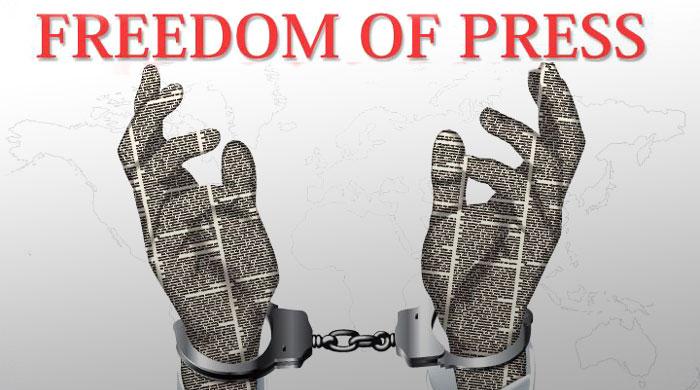On September 3 AEJ Media Freedom Representative William Horsley and AEJ President Otmar Lahodynsky today issued this statement:-
“The Association of European Journalists condemns the Belarussian authorities’ violent suppression of free media, targeted attacks against journailsts, and the denial of accreditations and deportations of large numbers of journalists. Those and other arbitrary actions have been taken to prevent journalists from reporting on legitimate protests against alleged election fraud and other government abuses.
The AEJ urges the European Union, the OSCE and the UN Human Rights Council to use their influence to bring an end to the repression of journalists in Belarus and to ensure their protection from violence and judicial harassment. All governments should publicly and unequivocally condemn those attacks on the physical safety of journalists and their right to report in the public interest, in accordance with international standards and United Nations resolutions. Several governments, including Germany, the UK and the US, have made known their concerns.
The AEJ utterly condemns the use by Belarus authorities of violent force, beatings and other assaults against dozens of journalists, both in public or in places of police detention. Such abuses, including the shooting by riot police of journalist Natalia Lubnevskaya with a rubber bullet, must be vigorously and independently investigated and the perpetrators brought to justice. The same applies regarding the numerous reported cases of brutal sexual assault, torture and beatings against participants in the protestss who were arrested and detained during public anti-government protests in recent weeks.
The AEJ calls for the release of all journalists who have been detained in Belarus, the lifting of charges against them, and the restoration of journalists’ accreditation to all local and international media workers whose press cards were revoked or denied.
About 20 journalists working for foreign news outlets including the BBC, Reuters, AP and AFP, ARD, Deutsche Welle and Radio Free Europe/Radio Liberty, have had their accreditation cancelled and been deported. After two journalists working for the BBC’s Russian Service were barred and deported the BBC condemned ‘in the strongest poss terms this stifling of independent journalism’.
On one day alone, August 27, 47 local and foreign journalists were reportedly detained for several hours and forcibly taken away in police buses to a Ministry of the Interior building, preventing them from covering peaceful protests that took place that day in the centre of Minsk. Last Sunday the Belarussian Association of Journalists reported nine new cases of the detention of journalists, raising the total number of cases of violent attacks and detentions of journalists since 9 August to 141.
The deliberate official disruption of legitimate reporting of the protests violates Belarus’ national law against the obstruction of the legitimate professional activities of journalists.
The deportation of many journalists working for foreign media is in breach of Belarus’ commitments as a participating State of the Organization for Security and Cooperation in Europe (OSCE).
The use of Belarus state media as an instrument of state propaganda and misinformation violates European norms and standards of media freedom, independence and plurality. Reprisals against the hundreds of workers in state media who went on strike to demand free and fair elections are unacceptable.
The extensive interruptions to the Internet, including social media, websites and messanger services in recent days represents a serious and arbitrary interference with the free flow of information in Belarus and internationally. The AEJ deplores that A1 Belarus, a subsidiary of partly state-owned Austrian telecom group A1Telekom Austria Group, which is one of the biggest telecom-companies in Belarus, shut down its internet network frequently before and during the street protests, apparently on orders of the government. ‘A shutdown is a violation of human rights just like dissolving a peaceful demonstration by force, but online’, the human rights organization Human Constanta said.”






